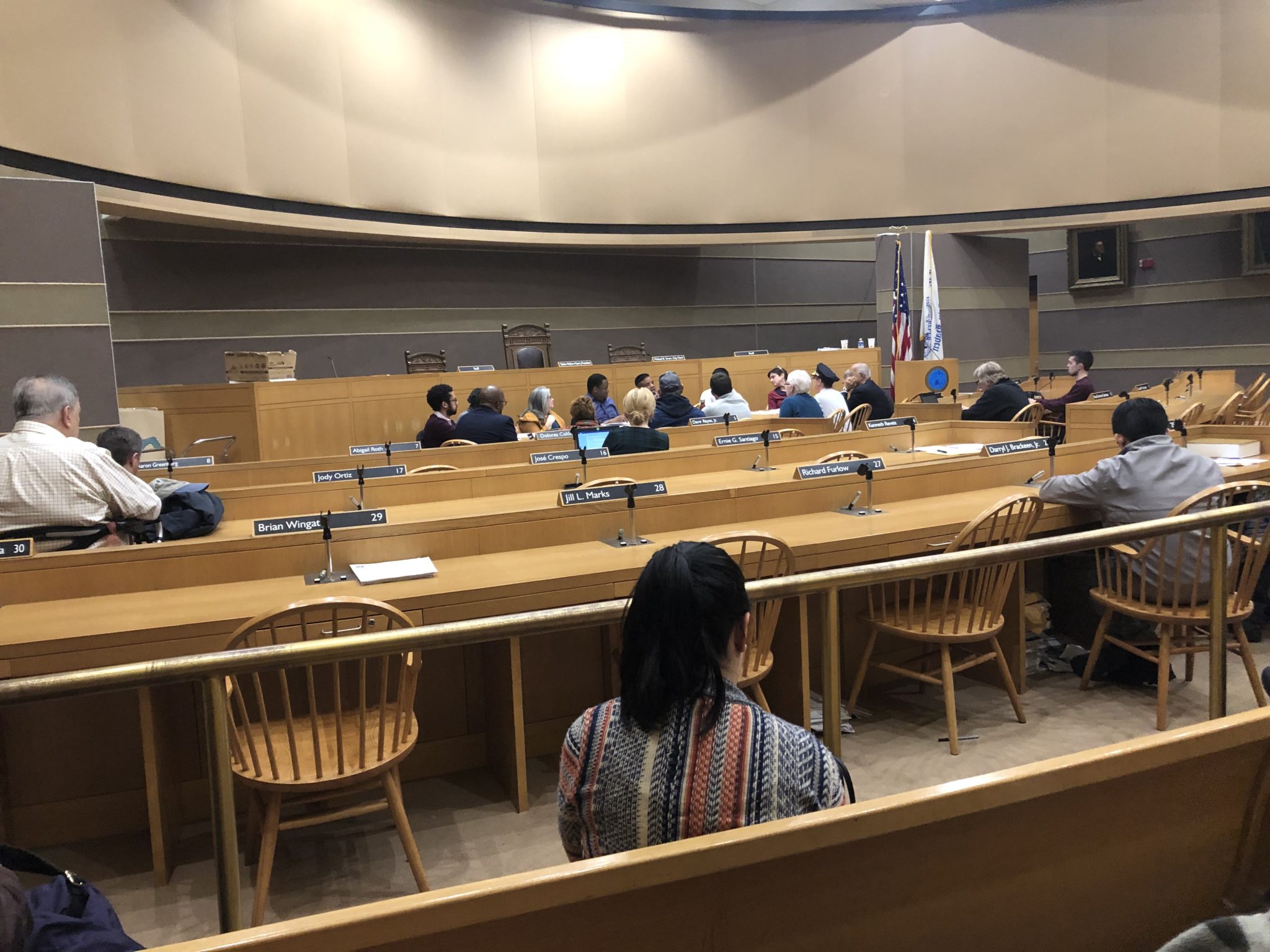
Deep inside City Hall on Tuesday evening, the Board of Alders’ Human Services Committee held a public hearing concerning two new proposals sponsored by the Homeless Advisory Commission that aim to reduce the existence of homelessness within New Haven. After public participation in support of the policies, the Committee tabled the initiatives — citing a need for more comprehensive language.
“Homelessness is in a moment. Nobody in this room has experienced that moment when you realize you have no place to go.” Dudley Dumas, a homeless resident of New Haven, told the Services Committee.
The new proposals purported by the Homeless Advisory Commission centered around decriminalizing homelessness. They defined the criminalization of homelessness as laws that prohibit the behavior of homeless people — such as occupying public spaces — and encourage their arrests. The Homeless Advisory Commission claimed that these laws were counterproductive and kept individuals entrenched in a cycle of imprisonment, poverty and ultimately homelessness.
The hearing was opened to members of the public, where individuals who were homeless, had experienced homelessness or were involved in organizations offered their support for the legislation.
“I’m not embarrassed to be homeless,” New Haven homeless resident Wade Walker said. “But other people treat the homeless as if they’re dysfunctional. But people who have comfortable jobs, comfortable homes, comfortable families, comfortable cars … they can’t understand.”
Speakers also brought up challenges the homeless face during harsh winter weather conditions. While the homeless often take refuge at the New Haven Free Public Library during the day and move to shelters at night, there is often a period in-between where they must linger in the cold outdoors.
However, Board of Alders Human Services Committee members repeatedly noted that the bill lacked comprehensive solutions to the challenges faced by the New Haven homeless community — pointing out that the proposals did not include provisions for education programs, medical care and hygiene schemes. Ultimately, the Human Services Committee decided to table the bill and continue to make progress on its recommendations.
Velma George, the coordinator for Homelessness on the Homeless Advisory Commission, explained that the Board of Alders members had invited the homeless community to participate in writing the bill. However, George told the News that she agreed the bill needed more refinement.
“It’s a conversation starter,” George told the News. “I’m looking forward to spending more time on this bill and am excited about where its future could go.”
Meera Shoaib | meera.shoaib@yale.edu







